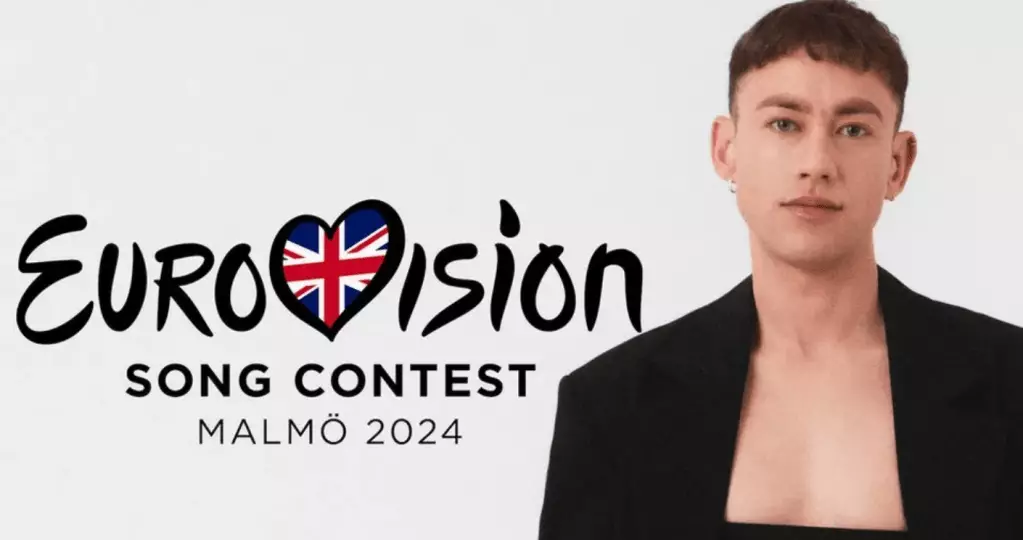Despite facing pressure from Queers for Palestine and over 450 other artists to boycott this year’s Eurovision Song Contest due to Israel’s inclusion, pop star Olly Alexander has made the decision to remain in the competition. In a statement posted on X (formerly Twitter), Alexander explained his reasoning for choosing not to withdraw from the Contest. He expressed that he had carefully considered his options and believed that pulling out of the competition would not contribute to the shared goal that participants are striving towards.
Alexander further revealed that he had engaged in discussions with fellow participants from other nations, who had also decided to stay in the Contest. This demonstrates a sense of unity among the artists, as they collectively agreed on the best course of action despite the external pressure to boycott. The decision to stand together in the face of controversy showcases a bond of support and understanding among the Eurovision contestants.
While Alexander acknowledged the concerns raised by Queers for Palestine and expressed solidarity with the calls for a ceasefire in Gaza, the return of Israeli hostages, and a move towards peace, he ultimately chose to use his platform within Eurovision to advocate for these causes from within the competition. By participating in the Contest, Alexander believes that he can continue to raise awareness and support the pursuit of peace and justice in the region.
This year’s Eurovision Song Contest has not been without controversy, as Israel’s entry initially titled October Rain was deemed too political due to its reference to a specific event involving Hamas. Despite the Contest’s emphasis on remaining apolitical, the inclusion of politically charged songs has stirred debate and led to calls for boycotts from various groups.
Olly Alexander’s decision to remain in the Eurovision Song Contest despite calls for him to boycott demonstrates a commitment to using his platform for advocacy and promoting peace. While facing criticism and pressure from external forces, Alexander chose to stand with his fellow contestants and contribute to the conversation within the competition. Ultimately, his choice reflects a belief in the power of music and art to inspire positive change and solidarity on a global scale.

